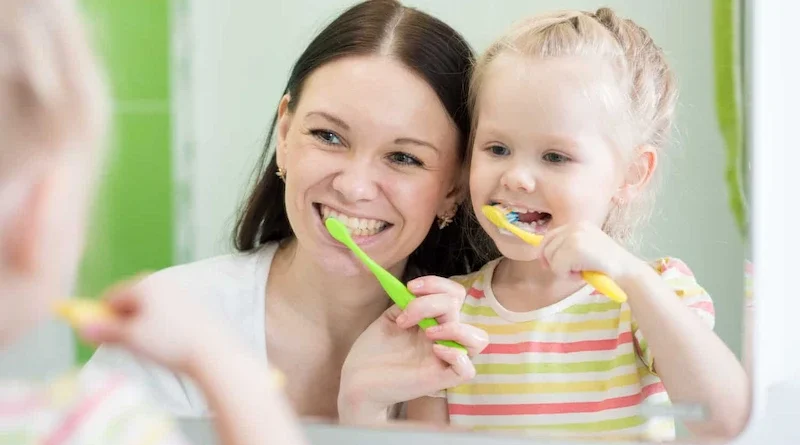The Importance of Teaching Children About Personal Hygiene Beyond Brushing Teeth
Most parents focus heavily on getting their children to brush their teeth twice daily. While dental care remains crucial, personal hygiene extends far beyond this single habit. You need to consider the broader picture of cleanliness that affects your child’s health, confidence, and social development.
Daily Washing Habits That Matter
Your child’s hands touch countless surfaces throughout the day. Teaching proper handwashing becomes essential for preventing illness. You should demonstrate the twenty-second rule, but don’t expect perfection immediately. Some children need weeks to master this skill.
Regular bathing or showering keeps skin healthy. However, you don’t need to bathe young children daily unless they’re particularly messy. Two to three times per week often suffices for toddlers, whilst older children may need daily washing as they become more active.
Hair care often gets overlooked. You can teach children to wet their hair thoroughly before applying shampoo, because this helps the product work more effectively. Different hair textures require different approaches, so adapt your teaching accordingly.
Make Hygiene Enjoyable
Children respond better when hygiene feels fun rather than burdensome. You might let them choose their own soap scents or special flannels. This small element of choice makes them feel more involved in the process. If you are a carer with an agency like Fostering People, your allowance should cover essentials like these.
Singing helps with timing. Many families create silly songs for handwashing or teeth brushing. The rhythm keeps children engaged whilst ensuring they spend adequate time on each task. Foster carers often find this technique particularly helpful when establishing new routines with foster children who may feel uncertain about changes.
Bath toys serve a purpose beyond entertainment. They encourage children to stay in the bath longer, which means more thorough cleaning. Just ensure you clean the toys regularly to prevent bacteria buildup.
Build Independence Gradually
You shouldn’t expect young children to manage all hygiene tasks alone. Start with simple steps they can handle. A three-year-old might rinse their hands whilst you apply soap. By age six, they can wash independently with occasional reminders.
Teaching body awareness helps children understand why hygiene matters. You can explain how sweat and dirt accumulate throughout the day. Simple explanations work better than complex science lessons.
Some children resist new routines. Patience becomes your best tool here. You might need to stand beside them for weeks before they’ll wash their face properly without supervision.
Social Benefits of Good Hygiene
Clean children often feel more confident around their peers. Poor hygiene can unfortunately lead to social exclusion, which damages self-esteem. You’re helping protect your child’s emotional wellbeing when you establish these habits early.
Good hygiene habits also prepare children for future situations. School environments, sports activities, and eventually workplace settings all expect basic cleanliness standards.
Tackle Common Obstacles
Some children have sensory sensitivities that make certain hygiene activities uncomfortable. You might need to experiment with different products or techniques. Unscented soaps, softer flannels, or lukewarm water temperatures can help.
Forgetfulness affects many children. Visual reminders work well. You could create simple charts showing each hygiene step. Pictures help non-readers understand expectations clearly.
Comprehensive hygiene education shapes your child’s future health and social success. While it requires patience and consistency from you, these early investments pay dividends throughout their lives. Your efforts now create habits that will serve them well into adulthood.
Visit the rest of the site for more interesting and useful articles.

